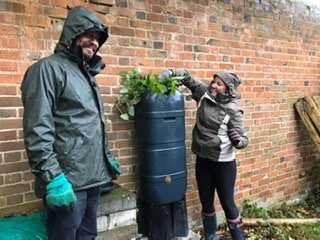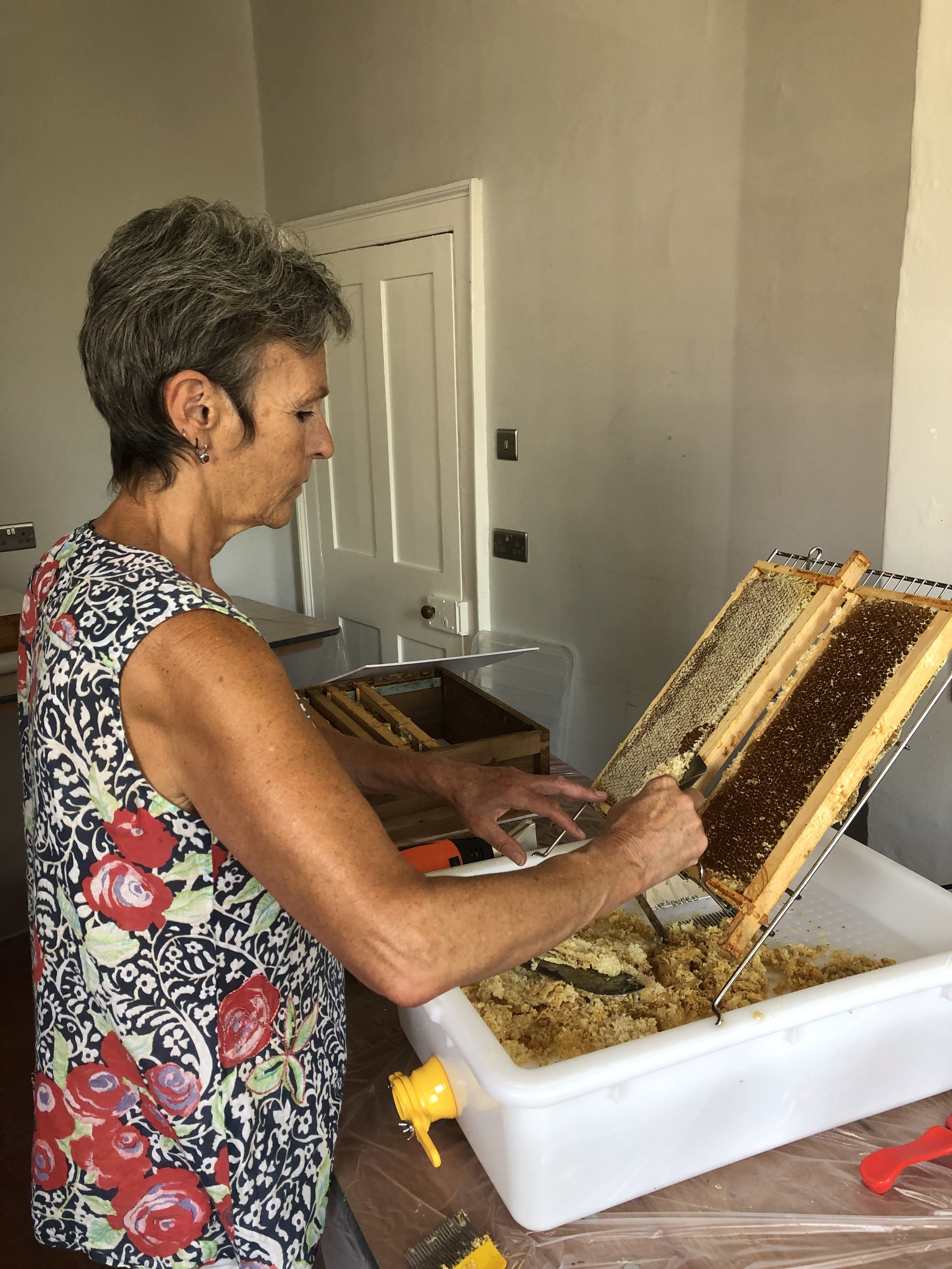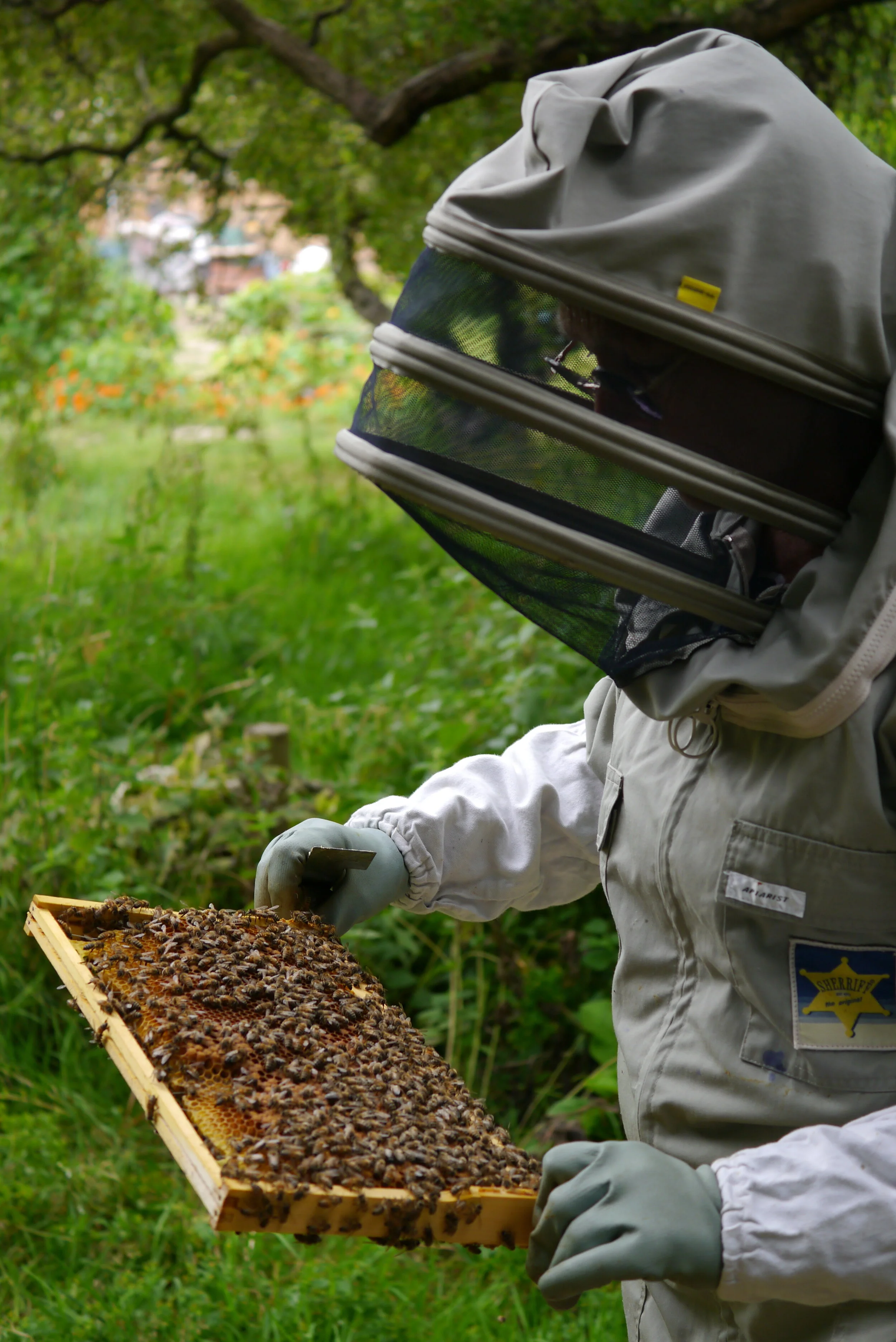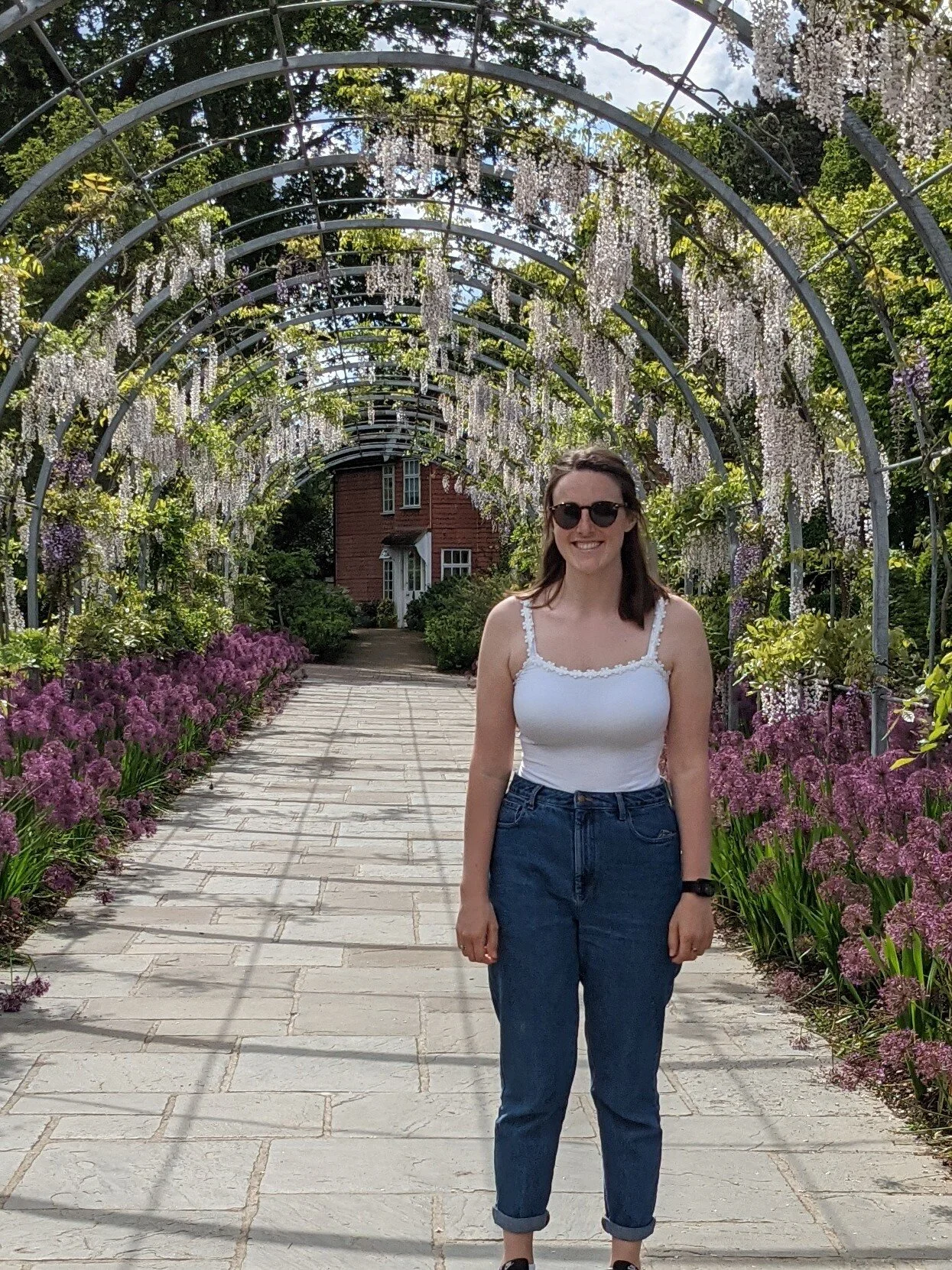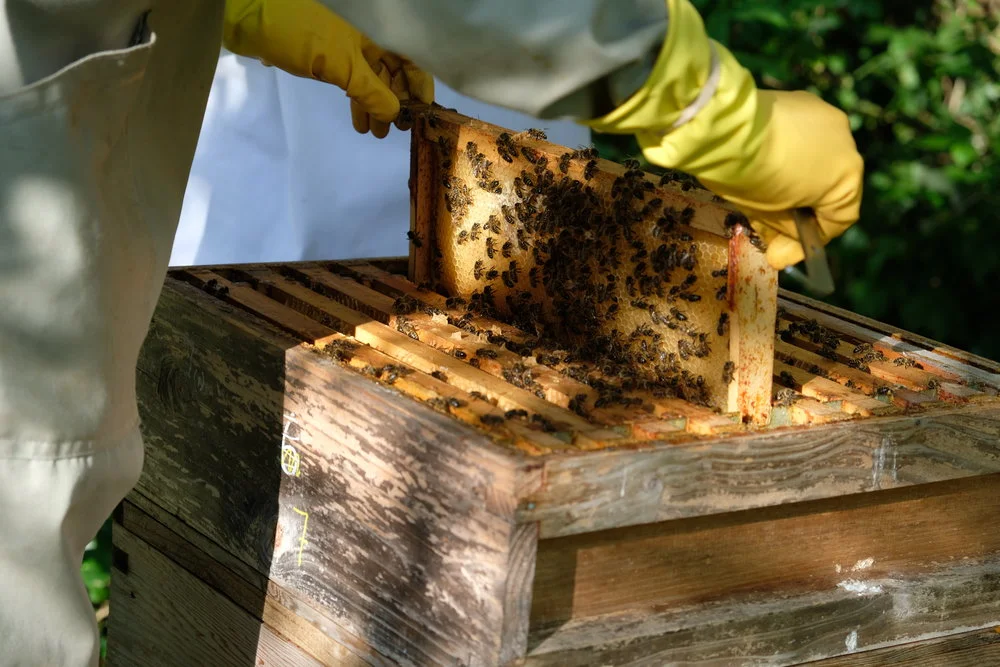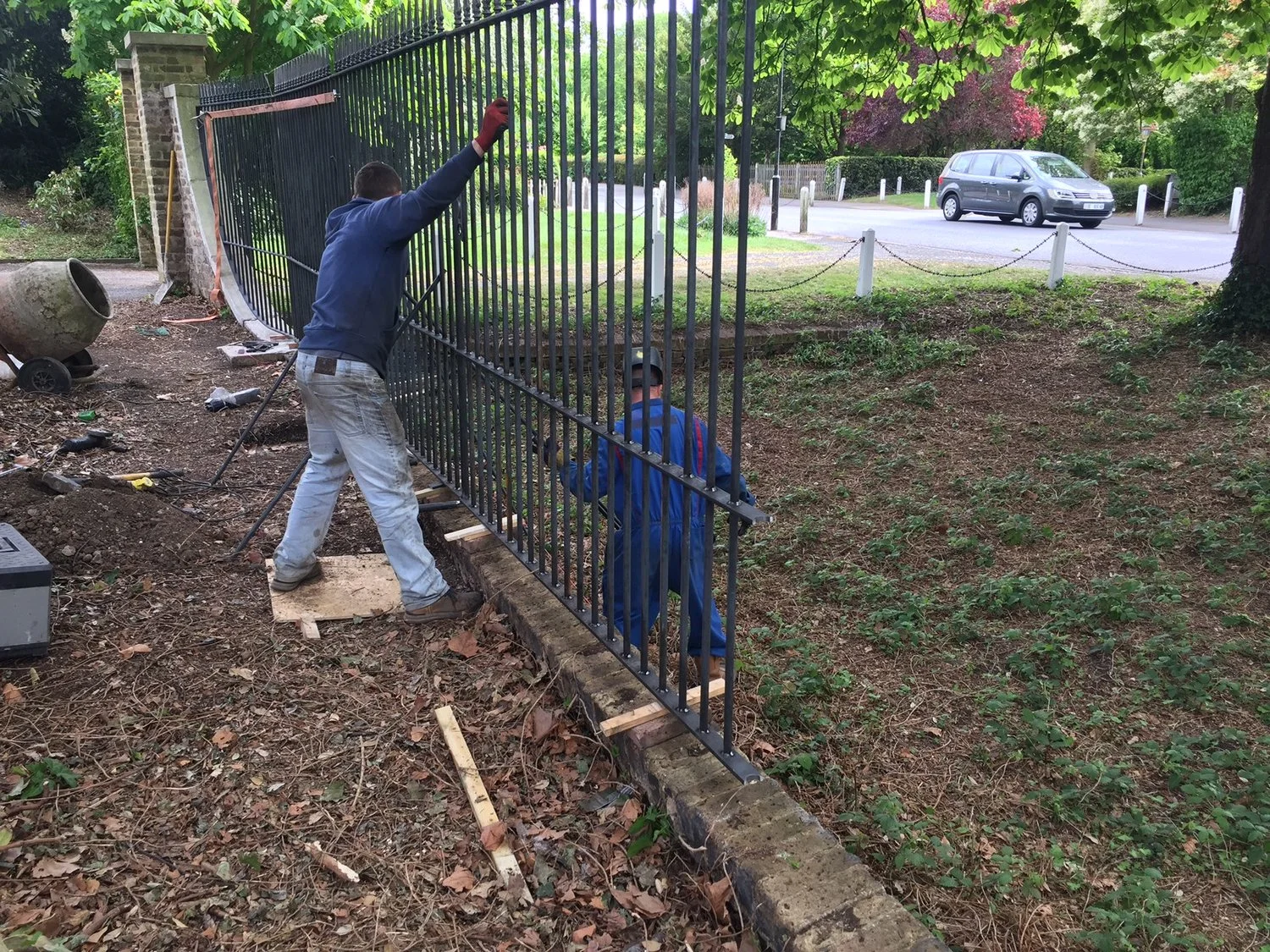GARDENING
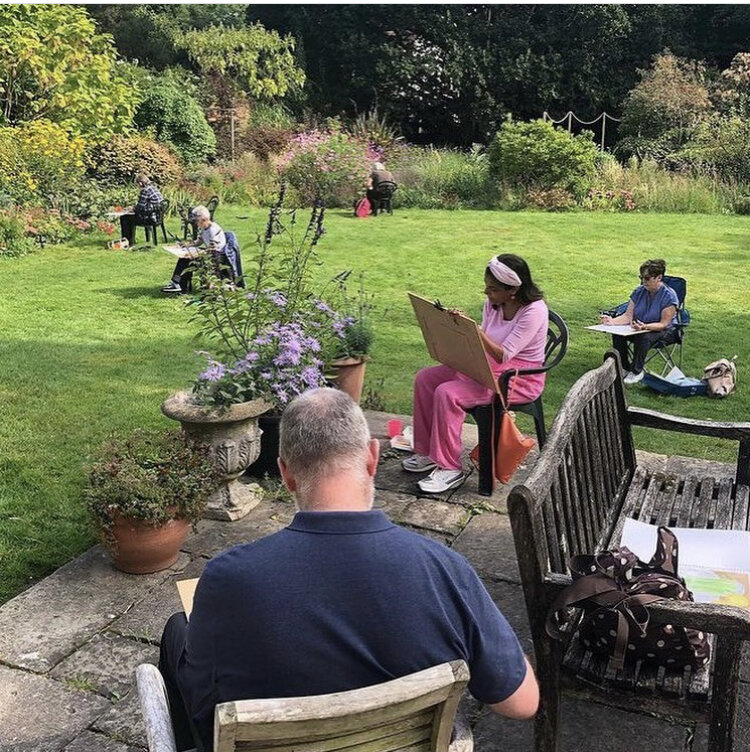
This month’s volunteer profile is a little different, as we meet Annie, who looks after Bell House’s bees.
This month, Ellie, tells us about the work she does in the garden and the new initiatives she’s helping out with.
This month it’s the turn of Graeme to answer our questions. Graeme is a member of Bell House’s Steering Group and does plenty more too, including running the Dyslexia After-School Club.
Georgian gardens were for showing off. Gardening was an illustration of your taste and status, and merchants like Thomas Wright aimed to copy, in miniature form, the larger estates of the landed gentry.
When Thomas Wright built Bell House in 1767, the garden was extremely important to him: it was a symbol of his wealth and status but it was also a refuge from his busy life as a City merchant.
Gardens are wonderful for helping us all to feel happier and more relaxed. Simply being in a garden can alleviate stress and anxiety. Gardening as a physical activity releases endorphins, helping us to feel good about ourselves. From a pot-plant to a window-box, to the Bell House garden, being next to nature is good for us.

